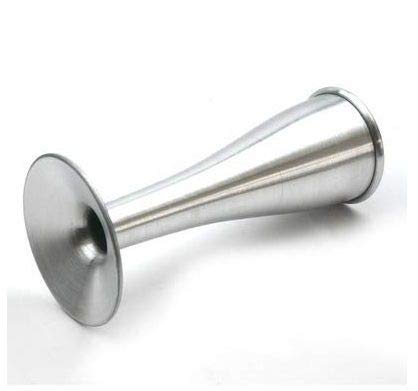
Armed Forces Institute of Cardiology / National Institute of Heart Diseases
(+92) 51-927-1002
Military Hospital Rd, Rawalpindi
The Gynaecology & Obstetrics Department at AFIC/NIHD has a rich history that dates back to the time of partition, when there were no gynecologists in Pakistan Army hospitals. Patients needing obstetric or gynecological care were referred to Holy Family Hospital, where British doctors and nurses provided services.
The department saw a golden era of training under the leadership of Brig Wajiha Hassan and Col Asghari Sharif from 1962 to 1984, turning MH and CMH Rawalpindi into premier training hubs for both Army and civilian doctors.
Pioneering advancements came with the introduction of the first ultrasound machine, cardiotocography machine, and fetal scalp sampler in the early 1970s. Over time, the trend shifted towards FCPS qualifications, and as of 2014, over 90% of gynecologists in the department were FCPS qualified.


Specialty: Gynaecology & Obstetrics
Qualifications: MBBS, FCPS
Location: OPD Building Ground Floor, AFIC/NIHD, Rawalpindi
Phone: 0333-5586146, 051-9272001 (3542)
Clinical Hours: Entitled: 0800-1500 (Monday, Wednesday), CNE: 1500-1900

A fetoscope, similar to a stethoscope, is used to listen to the baby's heartbeat as early as the 20th week of pregnancy. It features a cone-shaped end that is pressed against the pregnant woman's belly to detect the fetal heartbeat.
In 1971-1972, Capt. (Brig Retd) Nadra Sultana joined the training in gynaecology in MH Rawalpindi under supervision of Brig Wajiha. 4 trainees who joined grading with Maj Nadra were Lt (Col Retd) Haroona, Lt (Maj) Nasira, Lt Sajida and Lt Najma.
In early 70's The Gynaecology department MH Rawalpindi was equipped with the first ultrasound machine, first cardiotocography machine and fetal scalp sampler.
Capt. (Brig Retd) Maimoona Mushtaq joined Armed Forces in 1982. She became Advisor in 2008, and introduced the unit system on the pattern of civil teaching units in MH Rwp gynecology department.
The trend in Gynaecology also changed over the years, in that till early 1980s, most of the gynaecologists were graded specialists. Gradually there was an increased inclination towards doing FCPS, and as of 2014, more than 90% of the gynaecologists were FCPS qualified.
Brig Shehla Baqai joined MH as advisor Gynae in 2015 and became first female Gen Offr Gynae Obs in 2018. Now cardiac Obstetric patients are being managed in consultant led Unit in AFIC Rawalpindi.